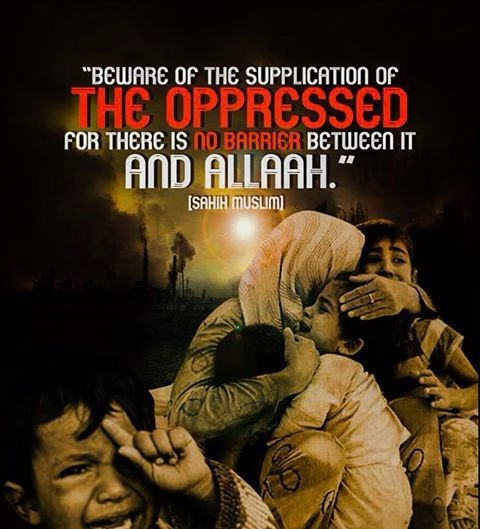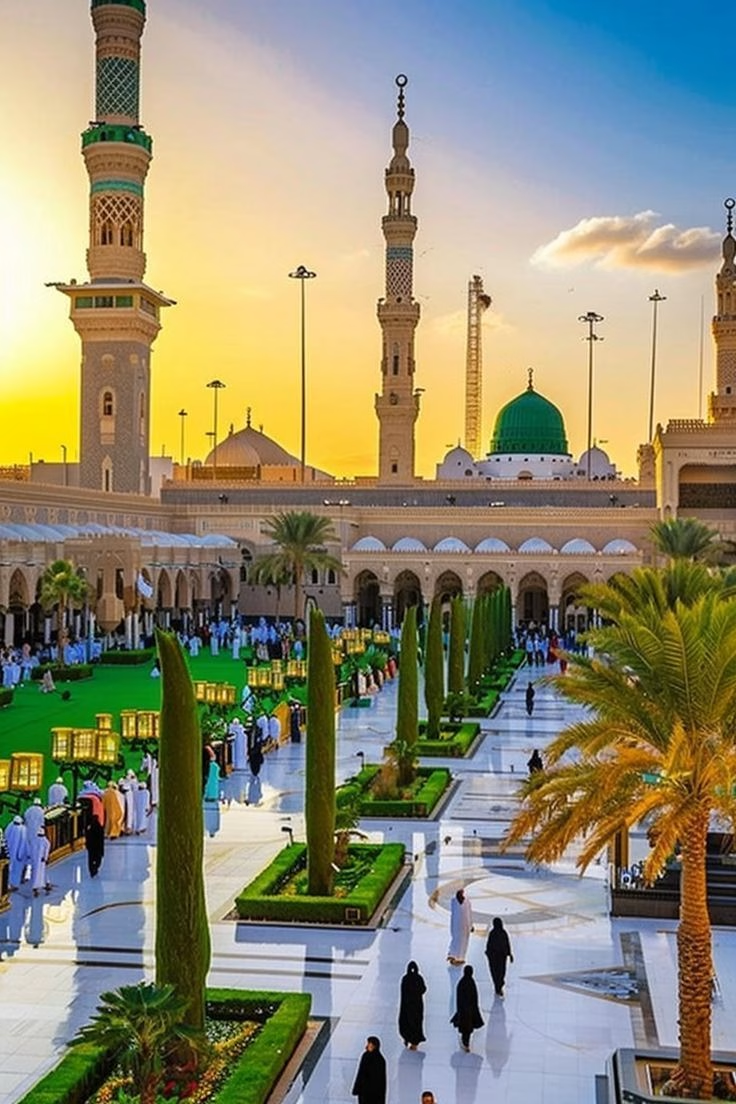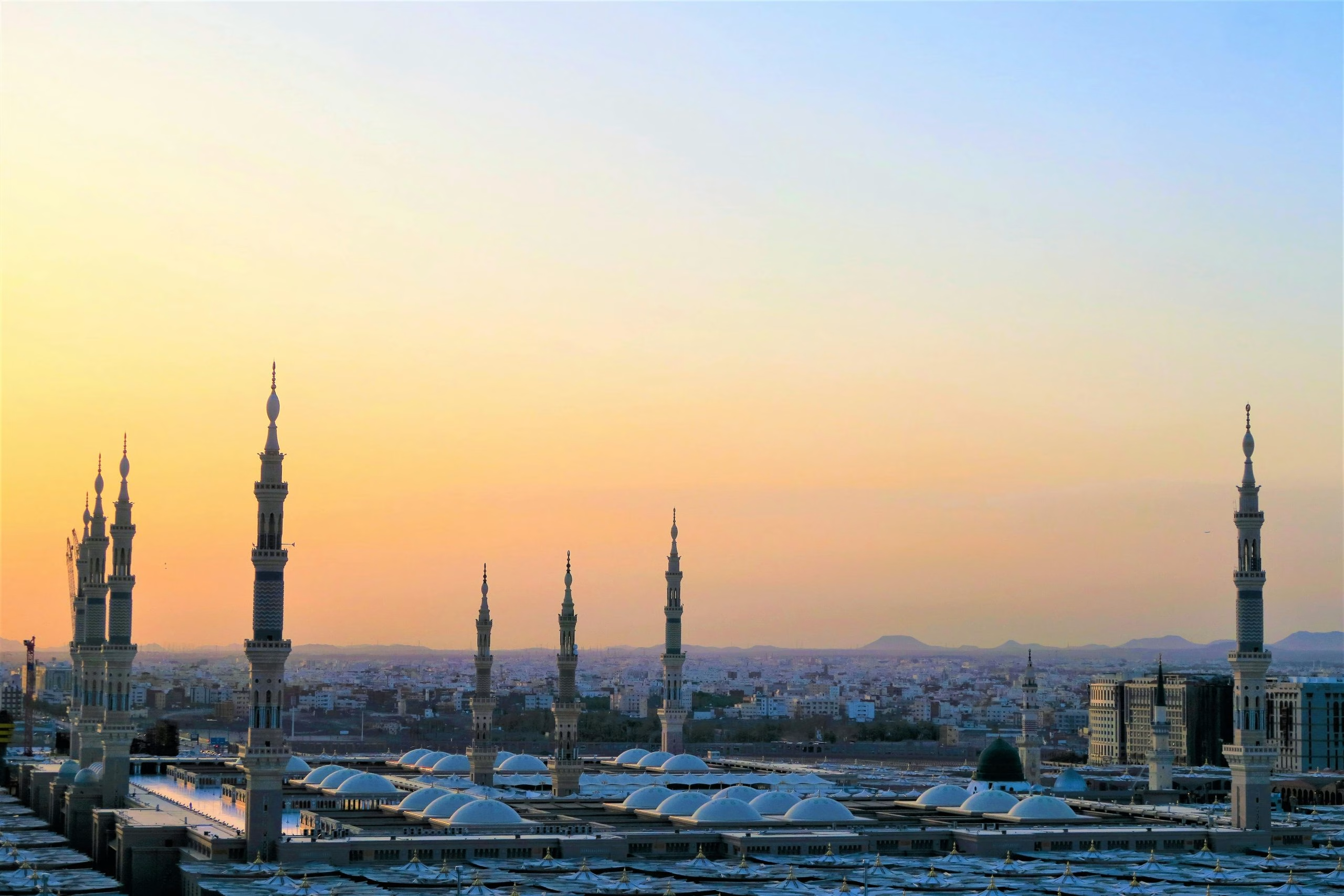The Scourge of Zulm: A Warning from the Quran, Hadith, and Stories of the Past
Title: The Scourge of Zulm: A Warning from the Quran, Hadith, and Stories of the Past Meta Description: Zulm, or oppression, is a grave sin in Islam. This post explores…

Articles, News,Podcast and videos
Title: The Scourge of Zulm: A Warning from the Quran, Hadith, and Stories of the Past Meta Description: Zulm, or oppression, is a grave sin in Islam. This post explores…

Raising Righteous Hearts: A Guide to Islamic Parenting Islamic parenting is not just about raising obedient children; it is about nurturing souls, cultivating character, and preparing the next generation to…

The Prophetic Compass: Ease and Principle The hadith you’ve referenced, a golden narrative from the Sahih al-Bukhari, offers a masterful insight into the character of Prophet Muhammad (ﷺ), serving as…

In the journey of parenting, we often find ourselves searching for the perfect manual. The truth is, that perfect manual has already been sent to us. The Quran and the…

The Hadith: The World is a Prison for the Believer The Prophet Muhammad (peace be upon him) said: عَنْ أَبِي هُرَيْرَةَ قَالَ قَالَ رَسُولُ اللَّهِ صَلَّى اللَّهُ عَلَيْهِ وَسَلَّمَ الدُّنْيَا…

Have you ever been so engrossed in a game or a movie that you temporarily forgot about the real world? For a moment, the stakes on the screen feel incredibly…

The Prophet ﷺ said: “I know a stone in Makkah that would give me salaam before Prophethood.” Imagine that! A stone recognising the Messenger of Allah ﷺ and saying “As-salāmu…
